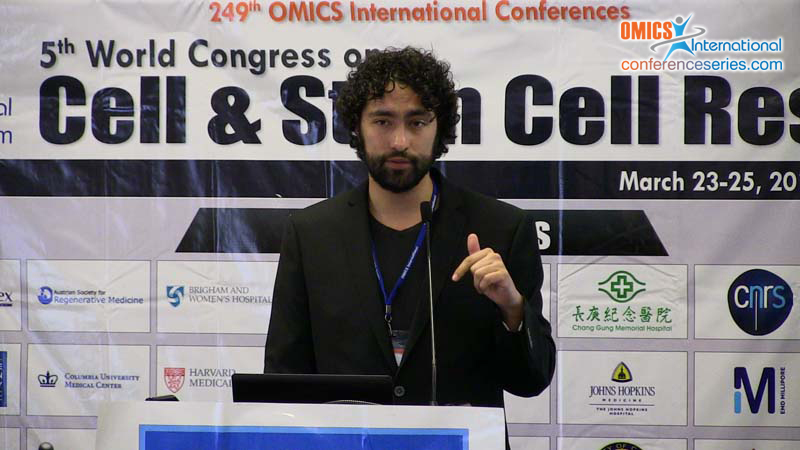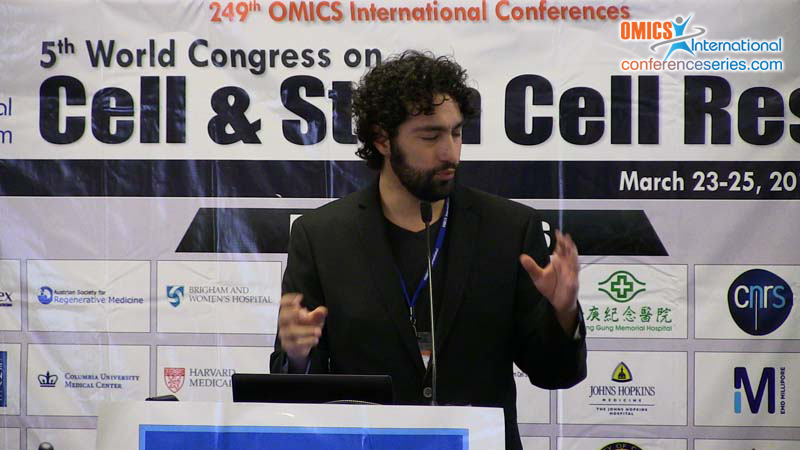
Francisco Ruiz-Navarro
Regmed Research Center
Austria
Title: Neuron point-of-care stem cell therapy (N-POCST): Transplantation of autologous bone marrow-derived stem cells for traumatic central nervous system disorders, the future of a new method
Biography
Biography: Francisco Ruiz-Navarro
Abstract
Traumatic insults of the central nervous system (CNS) result in definite chronic disability that respond partially and only in certain cases to rehabilitation. The use of autologous bone marrow-derived stem cells (BMSC) has been suggested to be a feasible treatment that improves the neurological recovery in these disorders. In the acute phase the stem cells transplanted target is to prevent neurons death by different secreting factors that provide neuroprotection via improvement of the local microenvironment. In a chronic scenario the objective is the restoration of neural tissue by transdifferentiation. Although the acute and chronic treatment seemed to have positive results in preclinical and ongoing pilot studies, the rationale of neuroprotection makes more probably to achieve better outcomes with an acute intervention. In order to accomplish the intervention immediately after the neurologic insult a method to process bone BMSC in an effective and prompt way should be available. The Neuron point-of-care method (N-POCST) described before by our group for other neurological diseases like amyotrophic lateral sclerosis, is a method of on-site cell separation with a closed system that uses density centrifugation technique with a fixed 10% reduction rate to isolate bone marrow-derived mononuclear cells (BM-MNCs) immediately after bone marrow aspiration and without mayor cell modification. The BM-MNCs concentrate is infused intrathecal (IT) after the separation. Several publications had described the safety of intrathecal stem cells infusion, others described the positive results with autologous BMSC, other studies confirm the effectiveness of the cell separation process to concentrate BM-MNCs, all of these results together open the track to develop further randomized controlled clinical trials with N-POCST in patients with acute traumatic brain injuries.




